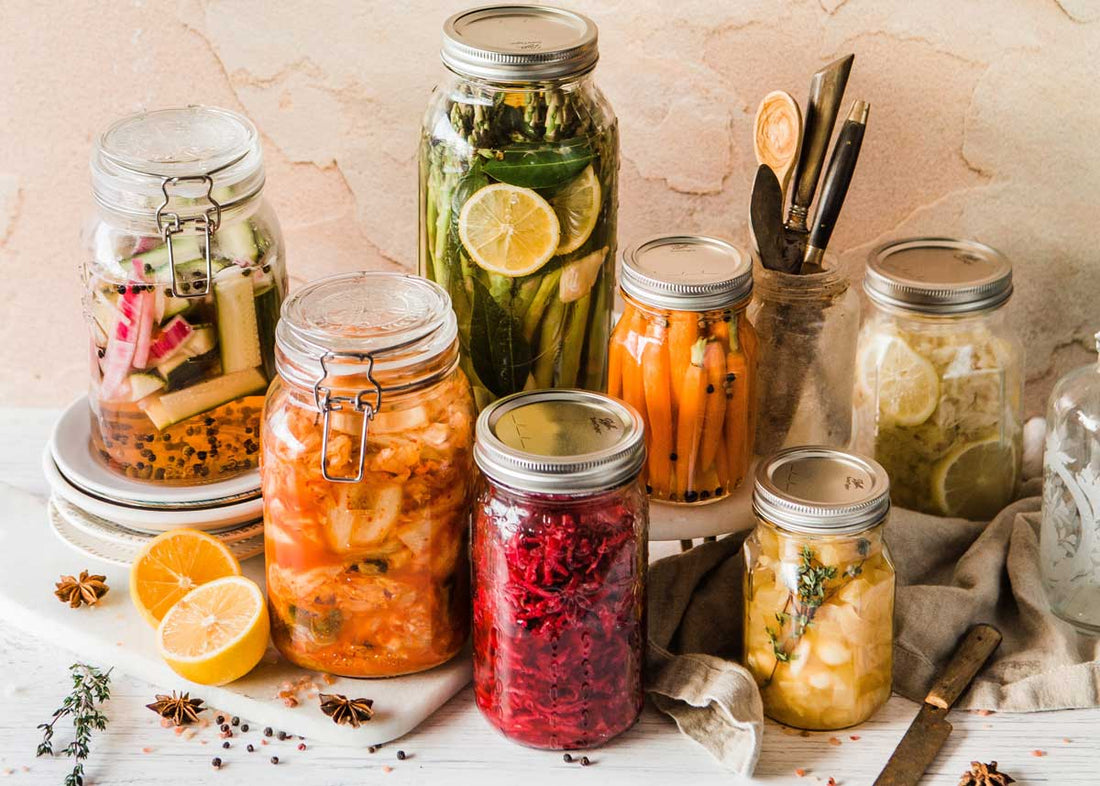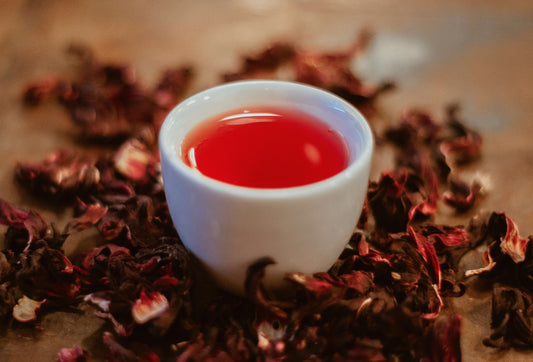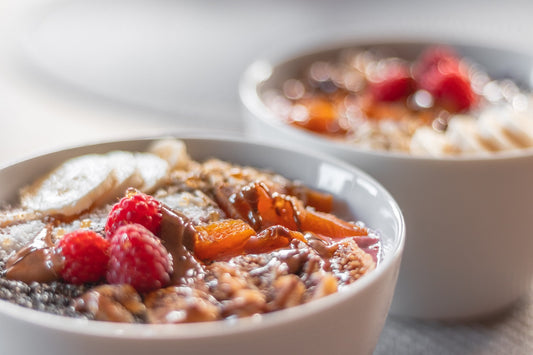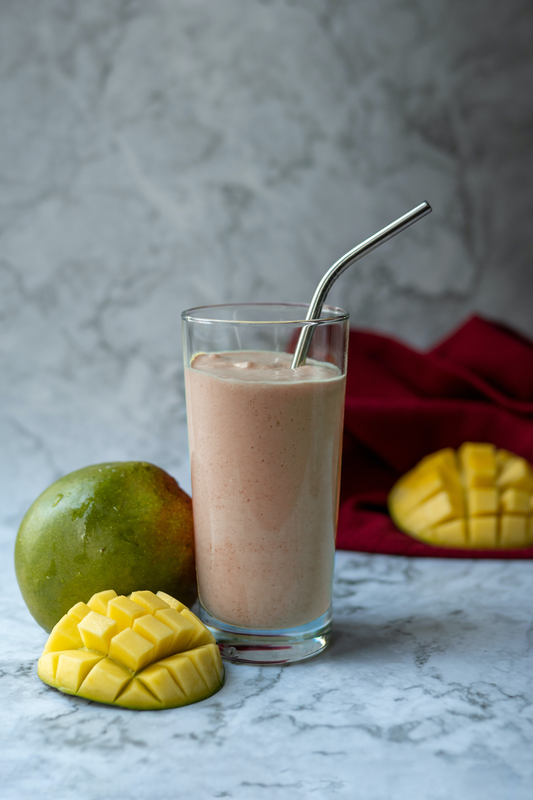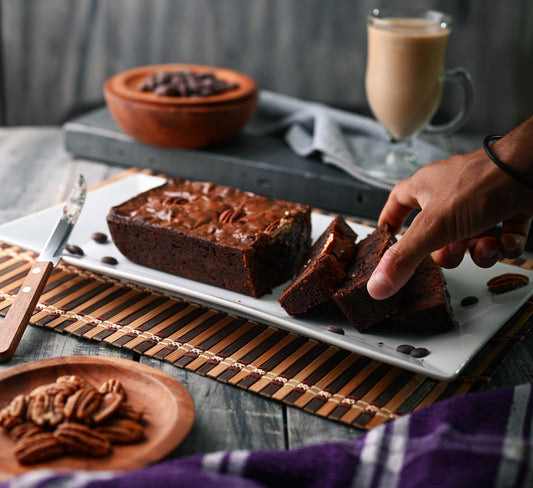Body fat, also known as adipose tissue, is not just a place where we can store the extra energy we consume from our diet, it is also an active endocrine organ that produces all kinds of hormones and inflammatory molecules. Contrary to popular belief, inflammation can be a part of a healthy response by the body to signal to the immune system that it is time to heal an injury or clear an infection. However, chronic inflammation that persists beyond the normal immune response is associated with a wide range of chronic diseases that affect people for years, including obesity, diabetes, heart disease, and cancer.1 This article introduces you to the role of adipose tissue in mediating inflammation, and how you can eat to reduce any excess inflammation.
How Does Body Fat Increase Inflammation?
One way that adipose tissue contributes to inflammation is through the production of substances called cytokines, which are small proteins that signal the immune system to respond to an injury or infection. Adipose tissue produces a variety of cytokines, including tumor necrosis factor-alpha (TNF-alpha) and interleukin-6 (IL-6), which are known to promote inflammation. While these cytokines play important roles, like destroying tumors and communicating with the immune system, increased levels of TNF-alpha and IL-6 in adipose tissue are associated with obesity and type 2 diabetes.2
Another way that adipose tissue contributes to inflammation is through the activation of immune cells called macrophages. Macrophages are normally present in adipose tissue and are responsible for removing dead cells and other debris. However, when body fat cells become enlarged, as in obesity, the macrophages become activated and produce inflammatory molecules as well. Macrophage accumulation in adipose tissue is strongly associated with obesity and metabolic disorders.3
How the Gut Microbiome Impacts Inflammation and Body Fat
The gut microbiome, the population of bacteria and other microorganisms that live in the gastrointestinal tract, also plays a critical role in maintaining our overall health and preventing inflammation. A healthy gut microbiome is diverse and balanced, and it has been shown to have anti-inflammatory effects. One possible way it can do this is by the production of compounds called short-chain fatty acids that our body absorbs in the large intestine.4
The gut microbiome can be influenced by diet and lifestyle factors, so it is important to eat and live in a way that supports a healthy gut microbiome so we can reap the health benefits it offers. Imbalances in the gut microbiome can be caused by lifestyle factors such as an unhealthy diet, smoking, and drinking alcohol.5 This imbalance in the gut microorganisms has been linked to obesity, metabolic disorders, and chronic inflammation.5 New studies are diving deeper into how the immune system and inflammation can affect the microbe environment in the gut that protect against obesity and other cardiometabolic diseases.6
7 Steps to Support Healthy Body Fat and a Healthy Gut Microbiome
Here are a few tips to maintain healthy body fat, prevent inflammation, and support the gut microbiome:
- Eat a diet rich in fruits, vegetables, and whole grains. These are high in antioxidants and other nutrients that can help reduce inflammation and provide vital fiber that acts as food for the beneficial bacteria in the gut. A study published in the Journal of the Academy of Nutrition and Dietetics found that a diet high in fruits and vegetables is associated with a reduced risk of inflammation and chronic disease.7
- Choose healthy fats, such as those found in nuts, seeds, and raw cacao instead of saturated and trans fats, which can promote inflammation. A study published in the American Journal of Clinical Nutrition found that a diet high in monounsaturated and polyunsaturated fats, as found in fish, nuts, and seeds, is associated with a reduced risk of inflammation and chronic disease.8
- Include fermented foods, such as yogurt, kefir, sauerkraut, and kimchi, which are rich in probiotics, live microorganisms that can help to promote a healthy gut microbiome. A study published in the Journal of Functional Foods found that fermented foods can help to improve the balance of the gut microbiome and reduce inflammation.9 If you find it hard to incorporate fermented foods into your diet, try superfood powders that are supplemented with shelf-stable probiotics.
- Limit your intake of processed foods, which are often high in sugar and unhealthy fats. These can disrupt the balance of the gut microbiome and promote inflammation. A study published in the American Journal of Clinical Nutrition found that a diet high in processed foods is associated with an increased risk of inflammation and chronic disease.10
- Incorporate anti-inflammatory spices into your diet, such as ginger, turmeric, and raw cacao.
- Avoid excessive alcohol consumption. which can disrupt the balance of the gut microbiome and increase inflammation.
- Maintaining a healthy weight through regular exercise and a balanced diet can also help reduce inflammation and support a healthy gut microbiome.
Remember that adipose tissue is a crucial part of your body that is necessary. It is an endocrine organ, like your pancreas or thyroid and produces hormones that are important for a healthy level of inflammation. Inflammation is a natural response of the body to injury or infection, but chronic inflammation is what you should seek to avoid. Eating a healthy diet that is rich in fruits, vegetables, and whole grains, and choosing healthy fats, while including fermented foods, limiting processed foods and excessive alcohol consumption can help reduce inflammation and support a healthy gut microbiome. Additionally, maintaining a healthy weight through regular exercise and getting enough sleep, and avoiding smoking, can also help in preventing inflammation and promoting a healthy gut microbiome.
References
- Zhong J, Shi G. Editorial: Regulation of Inflammation in Chronic Disease. Frontiers in Immunology. 2019. doi:10.3389/fimmu.2019.00737
- Mirza, S et al. Type 2-diabetes is associated with elevated levels of TNF-alpha, IL-6 and adiponectin and low levels of leptin in a population of Mexican Americans: a cross-sectional study. Cytokine vol. 57,1 (2012): 136-42. doi:10.1016/j.cyto.2011.09.029
- Weisberg, Stuart P et al. Obesity is associated with macrophage accumulation in adipose tissue. The Journal of clinical investigation vol. 112,12 (2003): 1796-808. doi:10.1172/JCI19246
- Rutting, S. et al. Short-chain fatty acids increase TNFα-induced inflammation in primary human lung mesenchymal cells through the activation of p38 MAPK. American Journal of Physiology-Lung Cellular and Molecular Physiology 2019 316:1, L157-L174
- Vijay, A., Valdes, A.M. Role of the gut microbiome in chronic diseases: a narrative review. Eur J Clin Nutr 76, 489–501 (2022). https://doi.org/10.1038/s41430-021-00991-6
- Petersen C, Bell R, Klag KA, et al. T cell-mediated regulation of the microbiota protects against obesity. Science. 2019;365(6451):eaat9351. doi:10.1126/science.aat9351
- Holt, Erica M et al. Fruit and vegetable consumption and its relation to markers of inflammation and oxidative stress in adolescents. Journal of the American Dietetic Association vol. 109,3 (2009): 414-21. doi:10.1016/j.jada.2008.11.036
- Gopinath, B. et al. Consumption of polyunsaturated fatty acids, fish, and nuts and risk of inflammatory disease mortality. The American Journal of Clinical Nutrition, Volume 93, Issue 5, May 2011, Pages 1073–1079, https://doi.org/10.3945/ajcn.110.009977
- Li, Q. et al. Fermented natural product targeting gut microbiota regulate immunity and anti-inflammatory activity: A possible way to prevent COVID-19 in daily diet. Journal of Functional Foods. 2022. https://doi.org/10.1016/j.jff.2022.105229.
- Mignona, C. et al. The inflammatory potential of the diet as a link between food processing and low-grade inflammation: An analysis on 21,315 participants to the Moli-sani study. Clinical Nutrition. 2022. https://doi.org/10.1016/j.clnu.2022.08.020.

